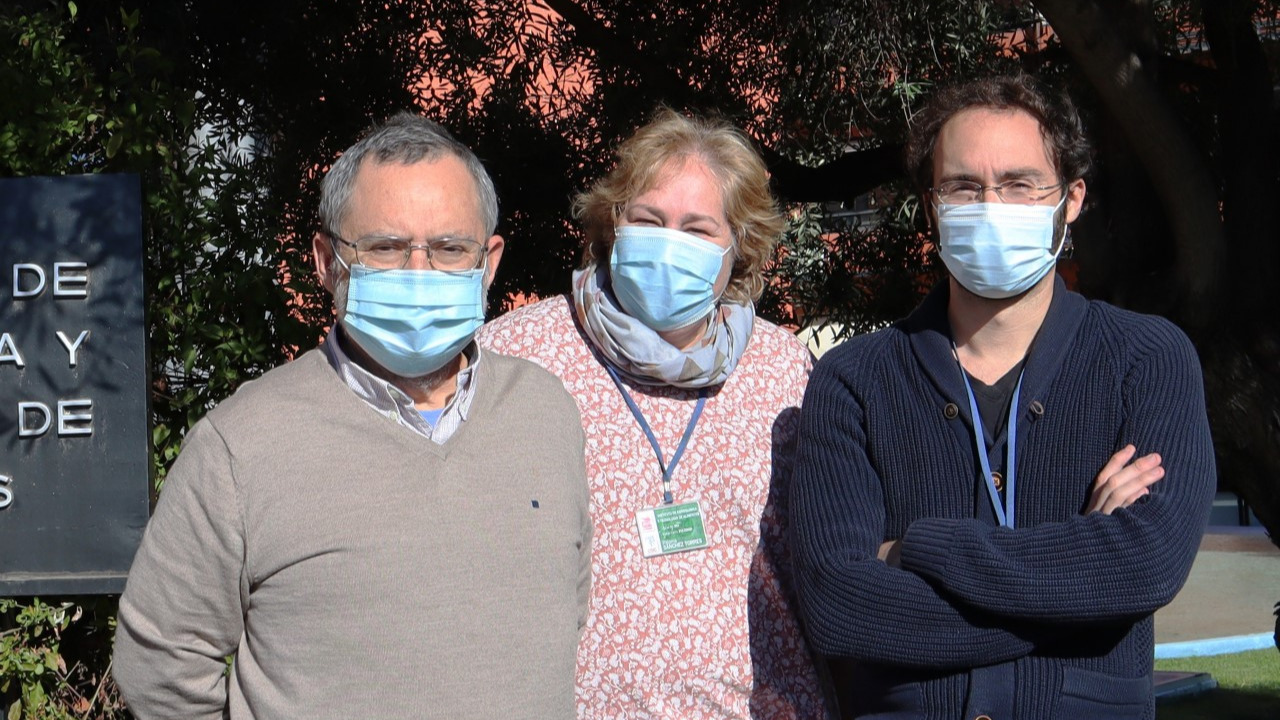The developed molecule reduces the amount of chemicals needed for paper bleaching and provides a more environmentally friendly alternative
A research team from the Institute of Agrochemistry and Food Technology (IATA-CSIC), a centre of the University of Valencia Science Park, has patented an enzyme with applications in the paper and wood industry. It is an extremophilic xylanase that reduces the use of chemical products for the production of paper, since it is capable of withstanding the high temperatures (over 90ºC) and extreme pH (pH10) of high alkalinity to which the wood is subjected. Therefore, its use in this process is a more environmentally friendly alternative.
This result has been obtained within the European Woodzymes project, in which research teams and industrial partners from Spain, Portugal, France and Finland participate and which is coordinated from the Centro de Investigaciones Biológicas Margarita Salas of the CSIC.
The study of extremophilic xylanases has been carried out by the IATA-CSIC Enzyme Structure and Function group, led by Julio Polaina and including David Talens and Paloma Sánchez. Its objective is the medium- and long-term study of the possible applications that enzymes may have, especially in the food industry.
The discovery of this 'superenzyme' has been possible through the use of bioinformatic techniques, which have allowed the properties of more than 6,000 enzymes to be taken to an extreme. Its use has been specially designed for the paper bleaching process. "At present this process is carried out with chlorine, a highly toxic chemical. With this enzyme we could carry out this bleaching in a more sustainable way", assures Julio Polaina, director of the group.
The applicability of this enzyme is currently being tested at the Centre Technique du Papier technology institute (France) and the sector company RAIZ/Navigator (Portugal). However, the researcher says he does not know when industry will be interested in its application, since the costs of chemical products are very low and the legal system allows its use for the time being. However, he adds, "there are already countries, such as Canada, where enzymes are used in paper production".


